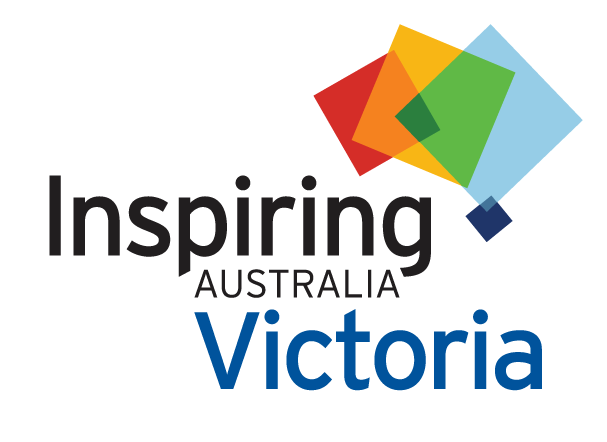Next-Gen Spatial Tech for Forest Management
New spatial technologies - like remote sensing, global positioning systems, ground based sensors, monitoring and other ICT interventions - are set to revolutionise our understanding of our forests and…
New spatial technologies - like remote sensing, global positioning systems, ground based sensors, monitoring and other ICT interventions - are set to revolutionise our understanding of our forests and…
T cells are specialised immune cells that are central to the complex, adaptive immune response to infection and disease. T cells are “trained” to recognise specific fragments or components of…
Our definition of "liveability" is important if we are serious about cities that facilitate healthy and sustainable lifestyles that support both individual and planetary health.
Human pressures on the planet as a whole – the ‘Earth System’ – have now become so great that scientists have proposed that we have now left the Holocene,…
The 2021 Howitt Lecture Presented in partnership with the Geological Society of Australia (Victoria Division). Our coast is a dynamic system. As the protective boundary between the land and sea…
Australia has the highest per-capita greenhouse emissions of any advanced economy, we’re on track to miss our Paris commitment, and we're nowhere near achieving net zero.
It can be confusing when we hear from scientists reluctant to deal in absolutes, who instead engage in conversations about ‘degrees of certainty’. In the world of science, a ‘theory’ is the closest something may ever come to being ‘the truth’. To understand what modern scientists can go through to arrive at an accepted theory, we’re taking a look at one of the major revelations of the past century: the theory of tectonic plates.
Come yarn about native foods, healthy eating and Australian Indigenous farmers.
This emotive exhibition features six new musical works by Australian composers Damien Barbeler, Kate Moore, Bree van Reyk, Cathy Milliken and Daniel Blinkhorn exploring the emotional impacts of climate change, and propels us to consider what it feels like to live through a time when climate change affects every aspect of our lives.
Join us in Science Week for a fabulous family workshop and learn how to use the plants in our neighbourhood to dye materials. Local textile artist Rose Kulak will be teaching this workshop in our garden and out in The Shed.
An exciting opportunity for families to deepen their understanding of climate science and our changing world, as they discuss climate action and work together as a family to create a climate pledge.
A Family Fun Day at Greenhills Neighbourhood House. Plant some seedlings, learn how to make pickles and play with our sustainable craft.
The Victorian Inspiring Australia program is a community-focused initiative led by the Royal Society of Victoria, in partnership with the Commonwealth Government and the State Government of Victoria.
We acknowledge the First Peoples of Victoria and the essential ancestral knowledge held, recovered and enacted by Elders. We acknowledge that this land and its millennia-old relationship with First Peoples was never ceded. We acknowledge the many injustices suffered by the knowledge keepers and Custodians of Country through the disrespectful actions and attitudes of early members of the Victorian scientific community. We express our sincere regret for the ignorance and bigotry of those who preceded us.
Copyright Royal Society of Victoria. 2024 - All Rights Reserved
